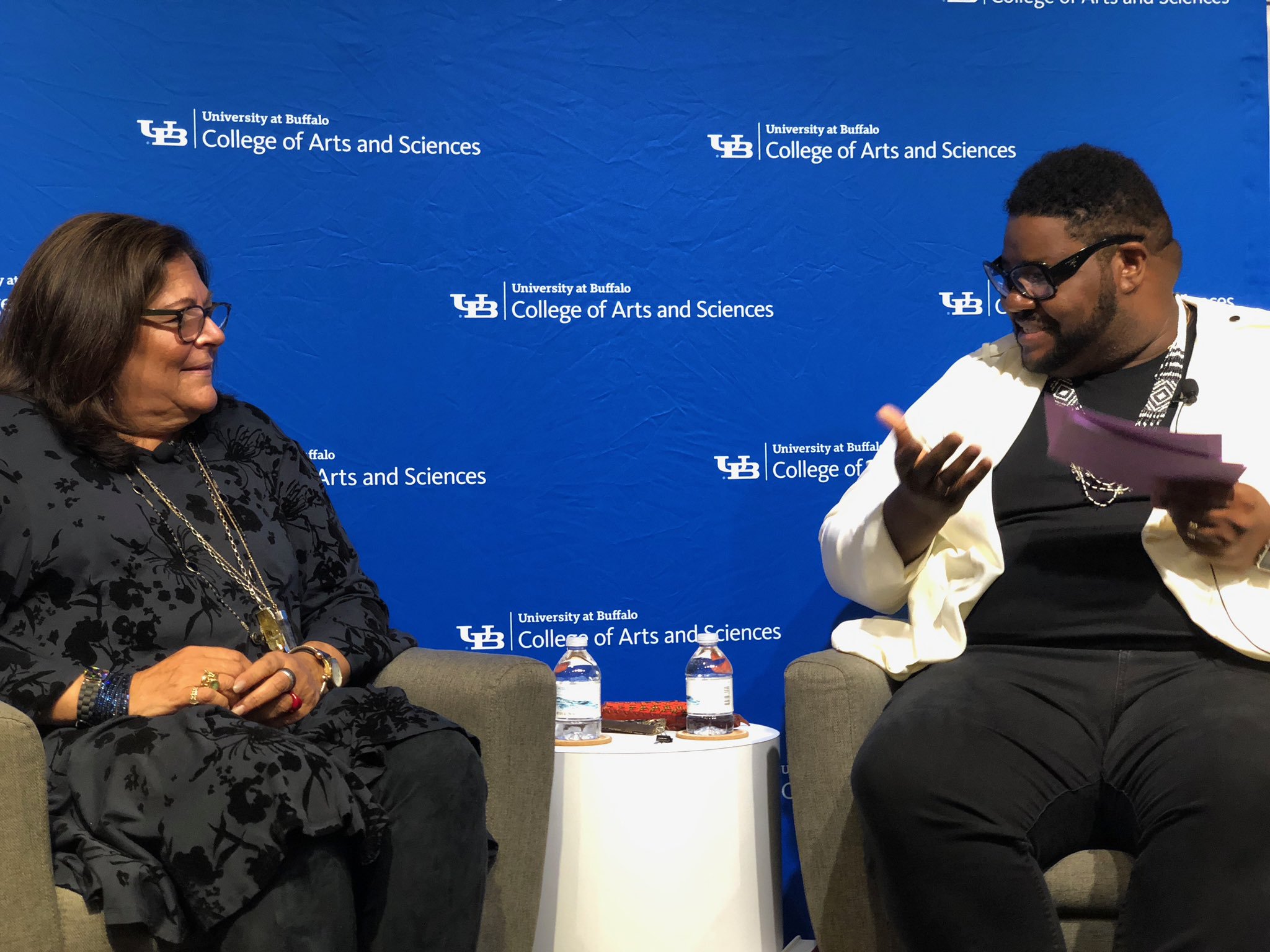Pedagogy
My Teaching Philosophy
“I have come to realize that what distinguishes one child from another is not ability but access; access to education, access to opportunity...”
Lauryn Hill, hip hop artist and activist
 Access to opportunity and education perfectly characterizes the tools that make learning possible for my students, teaching real for me, and community essential to all of us. We, my students and I, are ambassadors of hope to one another. Many students, from a variety of backgrounds, come into my classroom burdened by past educational experiences, some with a visible loss of passion for learning. Yet, my students have sustained my hope in and commitment to teaching. I have witnessed the transformation bearing fruit through their writing, class discussions, establishment of a community, and engagement with critical consciousness. Each of these acts serves as a mechanism by which the students make their imprint on the world, reminding me how important the teacher is to community building, social change and preparation for citizenship. Thus, I would describe my classroom as operating within and advancing a pedagogy of possibility for my students, our communities and me.
Access to opportunity and education perfectly characterizes the tools that make learning possible for my students, teaching real for me, and community essential to all of us. We, my students and I, are ambassadors of hope to one another. Many students, from a variety of backgrounds, come into my classroom burdened by past educational experiences, some with a visible loss of passion for learning. Yet, my students have sustained my hope in and commitment to teaching. I have witnessed the transformation bearing fruit through their writing, class discussions, establishment of a community, and engagement with critical consciousness. Each of these acts serves as a mechanism by which the students make their imprint on the world, reminding me how important the teacher is to community building, social change and preparation for citizenship. Thus, I would describe my classroom as operating within and advancing a pedagogy of possibility for my students, our communities and me.
Identity has been inextricably linked to all of my teaching, and especially in my experiences as a teacher of writing. Certainly, identity is a complex and slippery term, one which often makes teachers run away from it, uncertain of how to deal with such a fluid construct. I embrace the fluidity of identity, and the notion that writing is one place students may engage in discussions surrounding their identity, become more aware of the identities of others and move beyond the limitations of fear surrounding the unknown of who we are individually and collectively. By the same rationale, I think that issues surrounding identity serve as a fertile ground for explicating the act of writing. Writing and identity are strongly linked in my classroom, in relationships of conflict, yet agreement; a mirror, a window, each functioning separately and differently for all who write, but each making the other possible. The only options then are to remove the fear surrounding both identity and writing from the silences, and make it a part of the community project my students and I engage in for the time that we are together.
Respect is essential to student’s willingness to engage feelings of vulnerability and discomfort which can be aspects of community building. Respect can be easily lost in skeptical eyes and questions, particularly from those who don’t see the classroom as a place of passion for learning and teaching. I encourage students to talk freely and openly about their personal history, their ideas, their writing, themselves and remind them of the risks each is taking when doing so, and the responsibility we each have to support one another in this marketplace of ideas. If students can feel comfortable and respected in discussing the things that are closest to them then it is more possible for that respect to be extended to their peers and their lived experiences. I tell my students, on the first day, that I respect each of them, telling them how important their education is to me, our society and our world. It is my hope that this will then model for them the freedom to do the same and take respect for one another to be a starting point in learning, and not an end. It also lets them know my level of commitment to them beyond the classroom, and the fact that many of my past students contact me regularly for small chats over coffee or lunch, or e-mail me years later just to check on me tells me that they understood and welcomed my intentions.
Ultimately, my teaching experiences have deepened my commitment to this philosophy and the willingness to recreate it as necessary throughout my teaching career in order to help my students and me access education. I entered the classroom with the belief that literacy was essential to that change, and the ways my students have developed literacy skills, using them as tools of self-imaging and community transformation have affirmed and challenged me; yet, I know that this call may change over the lifetime I will be a teacher, and it is within this call that my belief in critical pedagogy becomes most useful and that the teacher as ambassador of hope is made tangible
Contact Dr. Pritchard







